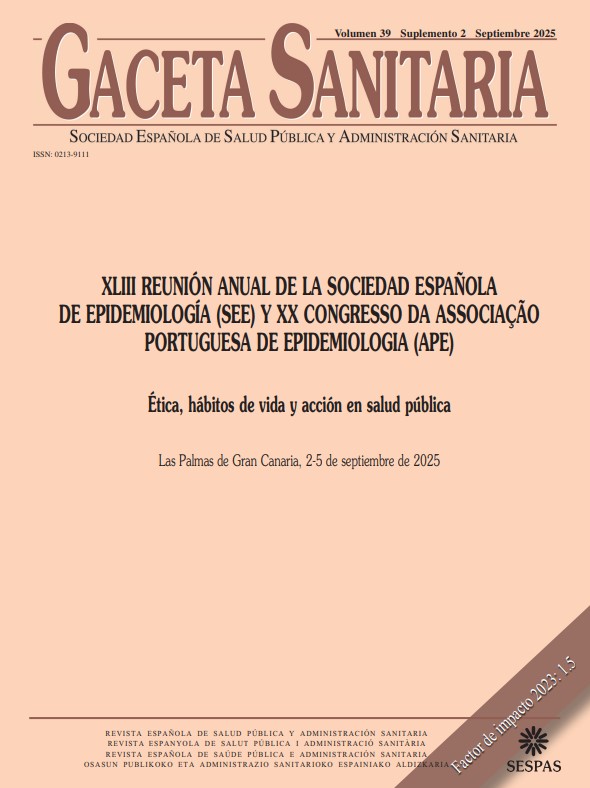805 - WELL-BEING AND DEPRESSION AMONG VEGANS AND OMNIVORES OF THE EUROPEAN VEGANSCREENER STUDY: A CROSS-SECTIONAL STUDY
Department of Preventive Medicine and Public Health, University of Navarra; Navarra Institute for Health Research (IdiSNA); Department Nutrition and Dietetics, Faculty of Health Professions, Bern University of Applied Sciences; Research Institute for Plant-Based Nutrition; Department of Epidemiology, Center for Public Health, Medical University of Vienna; Department of Social and Preventive Medicine, Center for Public Health, Medical University of Vienna.
Background/Objectives: Diet influences mental health, but few studies compare vegans and omnivores. Using data from the VEGANScreener study, we assessed psychological well-being and depression in vegans from five European countries, compared to omnivores, and analyzed the relationship between diet quality and mental health.
Methods: The VEGANScreener study is a cross-sectional, multicenter study conducted in Europe. Adults aged 18 to 65 were included. Psychological well-being was assessed using two scales: the Flourishing Measure and the Beck Depression Inventory (BDI-II). Diet quality was evaluated using the validated VEGANScreener questionnaire, which estimates the quality of the vegan diet. Participants were categorized into tertiles of diet quality. We used age- and multivariable adjusted linear logistics regression models to calculate beta-estimates and odds ratios (ORs), and their 95% confidence intervals (CIs).
Results: A total of 246 participants (185 vegans and 61 omnivores) from Germany, Spain, and Switzerland were included in the final analysis. In multivariable-adjusted analysis, vegans exhibited 80% lower odds of mild or greater depression compared to omnivores [OR: 0.20 (95%CI: 0.45 to 0.89)]. Vegans with higher diet quality also scored lower on the BDI-II compared to omnivores (beta-estimate -2.68; 95%CI, -4.57 to -0.76). Participants in the highest tertile of the VEGANScreener (healthier diet) had 85% lower odds of mild or greater depression compared to those in the lowest tertile (less healthy diet) (OR 0.15; 95%CI, 0.03 to 0.70). Participants with higher VEGANScreener scores had lower BDI-II scores compared to those with lower scores(beta-estimate -2.77; 95%CI, -4.79 to -0.76).Vegans reported greater happiness and life satisfaction (beta-estimate 0.56; 95%CI, 0.09 to 1.03) and better overall mental and physical health (beta-estimate 0.62; 95%CI, 0.17 to 1.10) compared to omnivores. Participants in the highest tertile of the VEGANScreener (healthier diet) showed better physical and mental health compared to those in the lowest tertile (beta-estimate 0.61; 95%CI, 0.13 to 1.09).No significant associations were found in other domains of the Flourishing Index.
Conclusions/Recommendations: In this European study, being vegan, and especially when adhering to higher quality vegan diet, correlated with better mental health outcomes, compared to omnivores.















